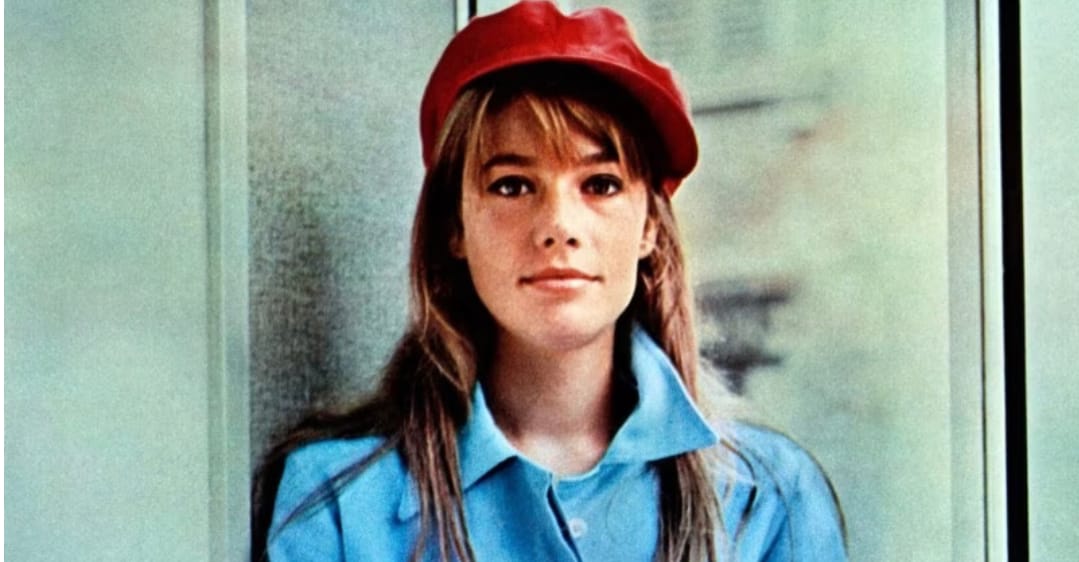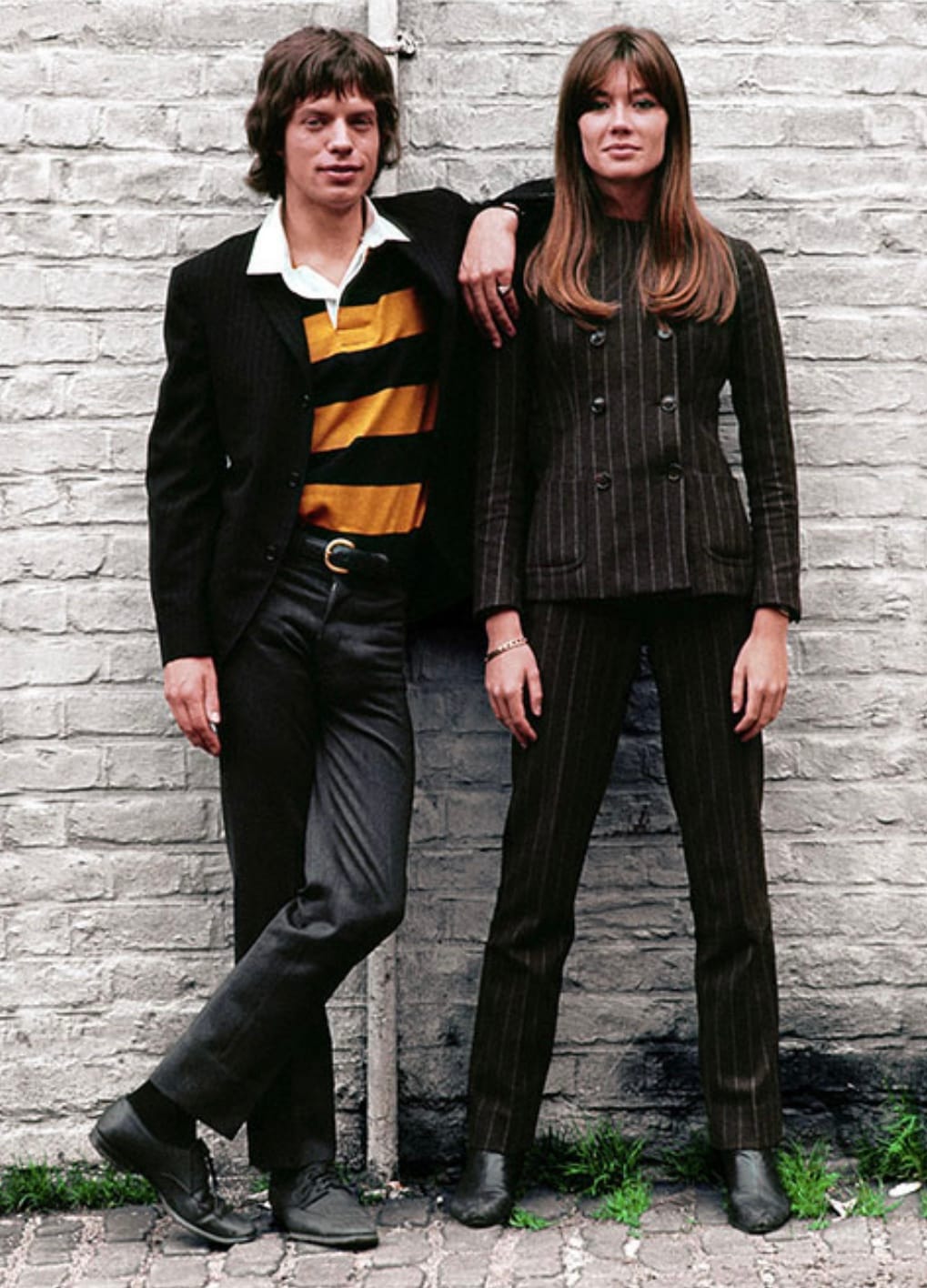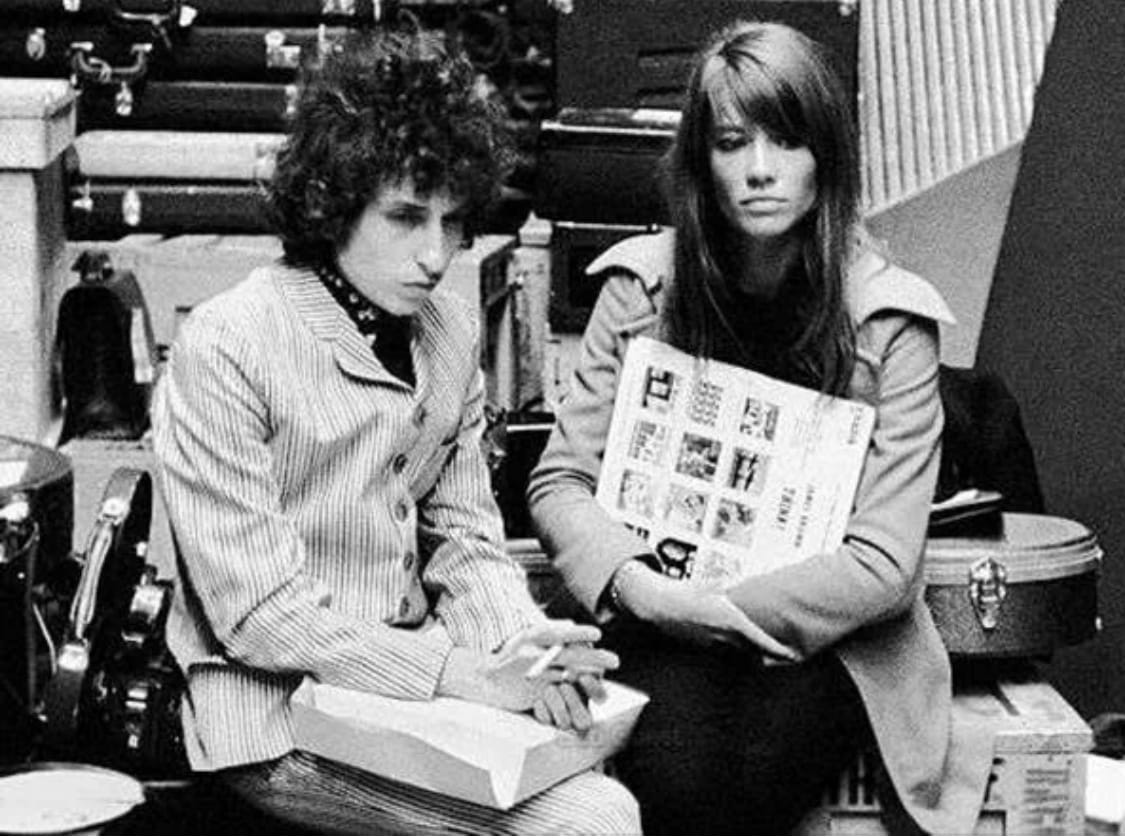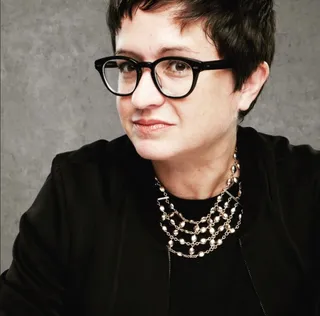Ode to Françoise
Songbird edition, featuring Francoise Hardy and the artist who formerly played Tina. But, you know, other stuff too...

I was a high school freshman when I heard Françoise Hardy sing for the first time. It wasn’t live, so I didn’t get to see just how much she embodied French cool with her long bangs, cat eye eyeliner, and effortlessly chic wardrobe. I can’t even recall whether my French teacher told us who was singing. I just remember the song – “Tous les Garçons et les Filles” (All the Boys and Girls). The 1962 hit involved a guitar riff similar to the one in The Beatles’ “This Boy,” and Hardy singing about how all the boys and girls her age are walking around, hand-in-hand, making future plans, while she walks alone wondering if anyone will ever whisper “I love you” in her ear. You could feel the torment of being lonely and 18, and wondering “what does she have that I don’t have?”… that age-old teenage lament. Her heartache was enhanced by the fact it was sung in French and therefore way more dramatic.
As the boys in my class laughed and carried on, I felt that Françoise was speaking to me. After all, I had a crush on a boy who could not, would not reciprocate. I walked alone, just like she did. My pain was real. [ed. note: Come on: you had to know I was like that, which is why I will burn all the diaries I kept as a teenager before I meet my maker.]
Françoise just knew. And because she knew, this song made her a superstar.
Hardy, 80, died of cancer this week. She was an understated person whose death was announced by her son, Thomas Dutronc, in an understated way. On Instagram, Dutronc posted a sepia-toned picture of her with him as an infant, and merely said: "Mom is gone." French president Emmanuel Macron, meanwhile, hailed her as someone who "with reserved elegance, almost shy, didn't hesitate to lay bare, raw emotion, in her sentimental ballads. She sang of love that was dreamed, deceived, wounded."
Born in the middle of an air raid in Paris on January 17, 1944, Hardy was the byproduct of a love affair between a bookkeeper mother and an already-married industrialist father who was largely uninvolved in her upbringing. She was a solitary child who used songwriting as an outlet for her innermost thoughts and feelings. After her father gave her a guitar at age 16, she started performing live and trying to get in the door with a record label. It wasn't long before she signed with Disques Vogue in 1961. At the time, her music was in what was called the yé-yé style, which was essentially the French version of how English bands like the Beatles sang "yeah, yeah, yeah." A year after "Tous les Garçons" sold 2.5 million copies, Hardy represented Monaco in the Eurovision song contest and came in fifth.
Obviously the judges did not understand their assignment. Undaunted, she released her first LP, received an award for her music, and made the cover of Paris Match. She was 19. And she was not done. She scored her first English-language hit "All Over the World" in 1965, and then went into acting, but the silver screen was not for her. Nor were the protests of that period; during the May 1968 demonstrations, she left Paris for Corsica until things settled down. She became a muse to designers and an object of desire to rock-n-rollers like the Rolling Stones, David Bowie, and Bob Dylan, who refused to return to the stage after an intermission until she came to visit him in his dressing room at the Olympia, which she did.

The show went on, and her life went on. She raised her son and continued to experiment with the music she released, whether it was jazz, bossa nova, or rock. But the melancholy remained. She told one interviewer: "The pessimism I attribute to myself, or perhaps that others attribute to me, is perhaps quite simply realism."
To the realist, to the style icon, to the chanteuse, to the lyricist of my teen angst, may you rest in peace, but live forever.
Writing prompt: What is on the soundtrack of your teen years and why? Who wrote the songs and what did they say? What did the music sound like (angry rockin' stuff, bouncy joyful stuff, or something else)? What is the one song that is very "you" in those years and why? And is there anything on that soundtrack that would mortify you if someone found it now? What is it and why? If someone found this soundtrack a century from now, what would they learn about you as a teenager?
Bob Dylan's poem "for françoise hardy"

She inspired poetry, because, of course. Here is the one Bob Dylan wrote her, which appeared on the sleeve of his 1964 album "Another Side of Bob Dylan."
for françoise hardy
at the seine's edge
a giant shadow
of notre dame
seeks to grab my foot
sorbonne students
whirl by on thin bicycles
swirlin' lifelike colors of leather spin
the breese yawns food
far from the bellies
or erhard meetin johnson
piles of lovers
fishing
kissing
lay themselves on their books, boats.
old men
clothed in curly mustaches
float on the benches
blankets of tourist
in bright nylon shirts
with straw hats of ambassadors
(cannot hear nixon's
dawg bark now)
will sail away
as the sun goes down
the doors of the river are open
i must remember that
i too play the guitar
it's easy t stand here
more lovers pass
on motorcycles
roped together
from the walls of the water then
i look across to what they call
the right bank
an envy
your
trumpet
player
Endnotes
What I'm still thinking about: Chanel Haynes' performance last Friday night with the Rolling Stones. Haynes, a New Orleans native, was playing Tina Turner in "Tina the Musical" on London's West End a couple of years ago when the band called her to see if she could meet them in Milan to perform Merry Clayton's iconic vocals on "Gimme Shelter." Haynes agreed to do it, thinking it would be a good opportunity for her understudy to play Tina for a night. By all accounts, Haynes was a smash in Italy. But when the producers of the musical found out what she had done, they fired her. So now she's a full-on backup singer for the Stones, and my goodness can she sing. The West End's loss is the world's gain. And the "Gimme Shelter" solo? So good it'll give you goosebumps. I do not kid. I would have posted a picture or a clip of her in action, but I was too stunned to move.
What I'm re-reading: Janet Flanner's "Paris Journals," because I needed and wanted to immerse myself a time and place.
What I'm conflicted about: Do I really want to watch this Netflix movie "Under Paris"... on one hand, it seems really dumb, and on the other...it seems like that the kind of dumb thing that I would still watch. Anyone seen this? Anyone thinking about it? Let me know, eh? Maybe we can all discuss it, or...whatever you do for a movie like this.
Having said that: Did you know that in the mid-nineteenth century, when builders broke ground on a new Paris Opera House, they dug into a wee tributary of the Seine that they contained with an underground tank so construction could begin? That tank shows up in fiction as the underground lake in "The Phantom of the Opera." Today, Parisian firefighters use the tank to practice swimming in the dark...with catfish, though, not sharks.
Where I hope you'll donate this week: The Library of Congress is home to more than 170 million books, recordings, photographs, periodicals, maps, and manuscripts that chronicle achievement and culture around the globe. By donating to them, you'll support everything from acquiring and digitizing collections to powering events, programs, and exhibitions for the public, from helping to develop new preservation methods to supporting the next generation of leaders through internships and fellowships. Please, if you can, donate what you can, because knowledge is a good thing, especially now.
Paige Bowers Newsletter
Join the newsletter to receive the latest updates in your inbox.

